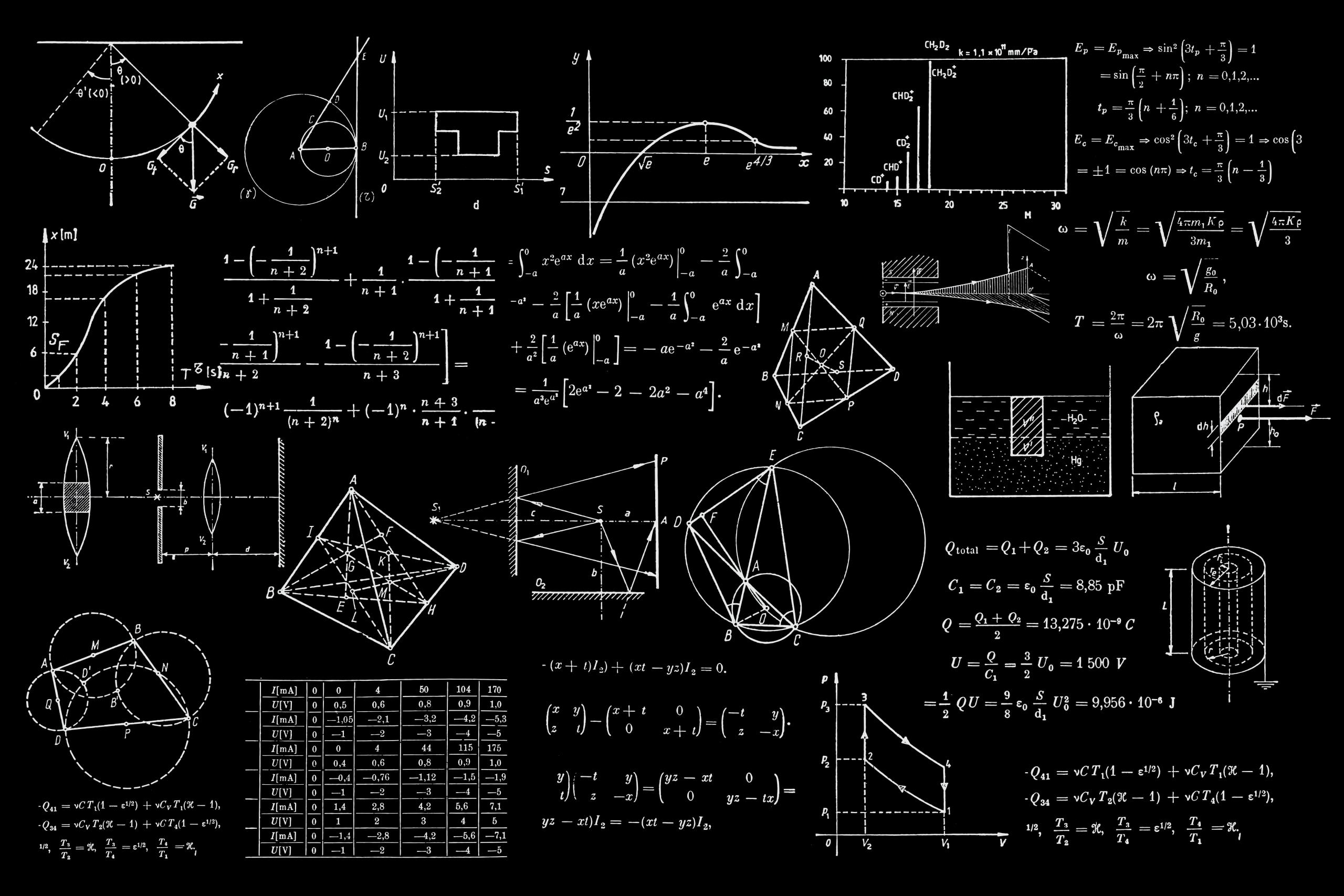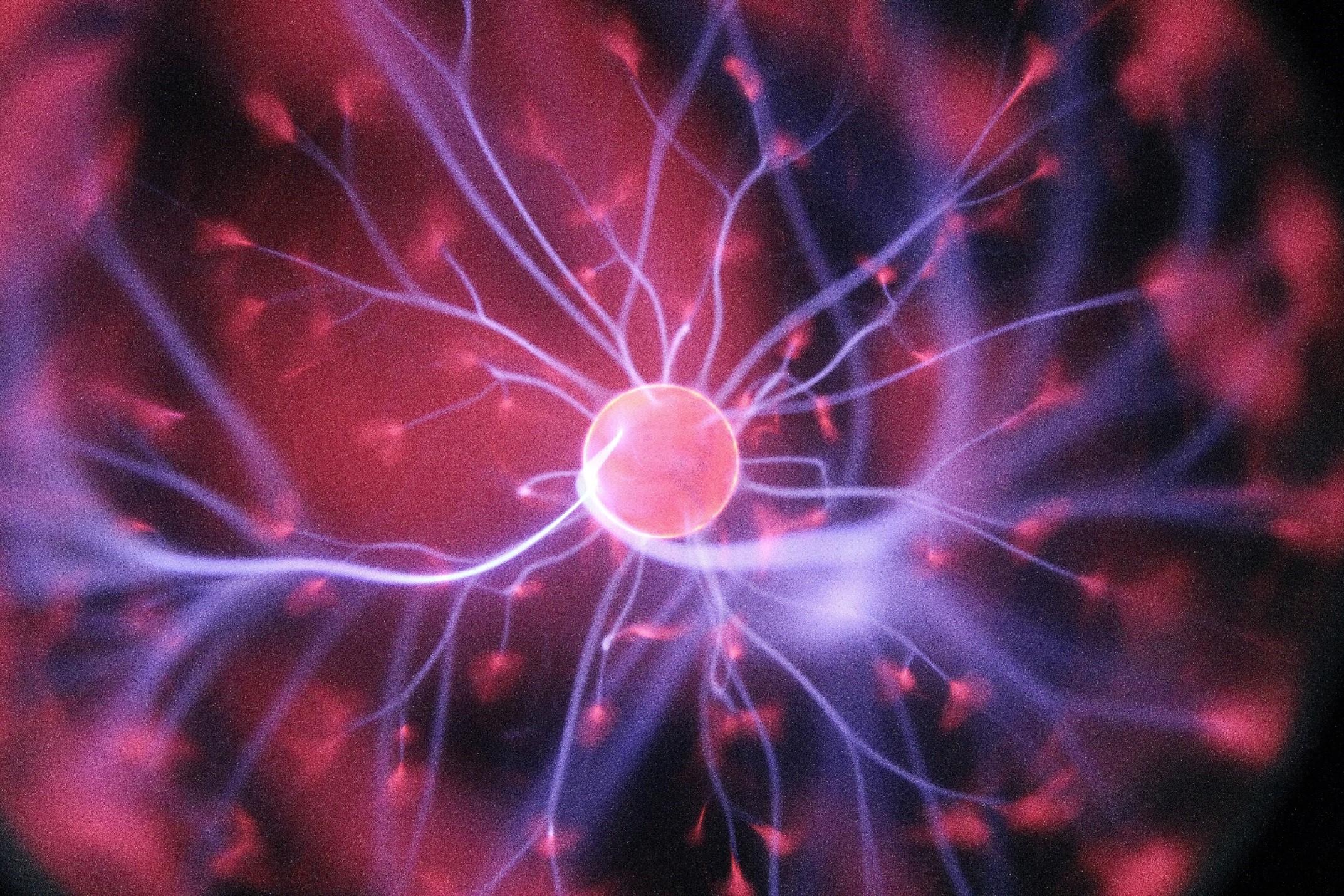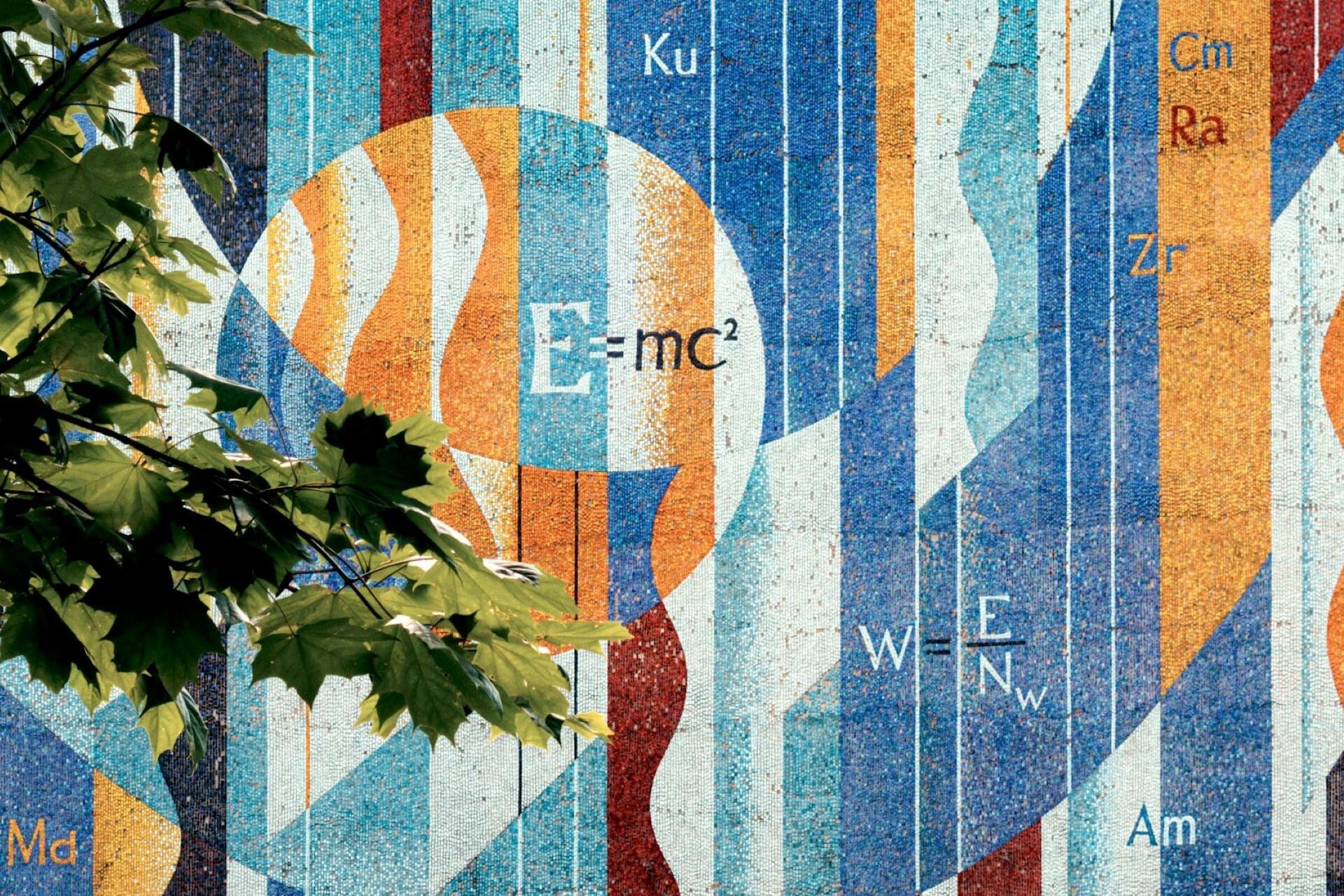"Better than a thousand days of dilligent study is one day with a great teacher." -Japanese Proverb
There are very few professions that positively affect the lives of others the way a teacher does. Educators are not just relaying necessary information about a specific topic to their students, but they are also helping them love education and garner a more positive outlook on life.
Teachers comfort students when they are down and celebrate their victories as parents would.
Thankfully, since there are many subjects to teach and learn more about, educators will always have work and never lack employment. So, without further delay, in today's article, we shall focus on how lovers of physics can become educators to impart their knowledge to others.

What are the Qualifications Required to Become a Physics Teacher?

While it's important to state that there are various qualifications and educational accreditations that physics teachers need to possess before starting to work, it's worth saying that it doesn't hurt to hone certain qualities. Such as? The list below mentions some skills that aspiring physics teachers should possess:
- Patience: since physics is a complex topic, students might not grasp the information immediately. Therefore, patience is required.
- Communication: to explain the fundamentals of physics, teachers need to be good communicators that can quickly adapt their explanations to different learning levels.
- Adaptability: because no two students are alike, it's essential to be adaptable. Adaptability also requires teachers to work with the lesson materials they are provided.
But, what are the professional qualifications needed to work as a physics teacher? To be eligible for most jobs, it's necessary to have a diploma from a further education centre such as a college or university in physics or a similar topic.
A Bachelor's in Physics or Education and a relevant PGDE degree are necessary to teach GCSE physics or A-Level physics at a secondary school.
It's important to state that it's scarce for an aspiring physics teacher to be hired at a high school without having a Bachelor's degree or something similar. Of course, if the person is a genius and has the experience to back up their skills, some may hire them; however, it's improbable and shouldn't be counted on.
Nonetheless, working as a private physics educator on sites such as Superprof is possible without a degree or training programme because many individuals looking for tutors are university students or high school pupils who are simply searching for someone to guide when analysing physics.
Before concluding this section, it's important to state that boasting qualifications will open more doors for physics teachers, and the overall salary will be higher. Regarding annual wage, let's look at the following subheading to see how much physics teachers are paid.
Find good A level physics tutor here on Superprof.
What is the Salary of a Physics Teacher?

Before even starting to mention how much physics teachers may earn per year in the UK, it's important to state that if you're looking for a high-paying that ensures a loaded bank account, you shouldn't aspire to become a physics teacher. Why's that?
Although physics teachers make an above-average salary, you'll never get rich. For example, according to recent data, in the UK, physics teachers can expect to make a median annual income of approximately £35,000. Entry-level positions can be as low as £30,000; yet, physics teachers with experience and the right qualifications may earn nearly £45,000.
While knowing about the salary of a physics teacher prepares a person mentally for what to expect, it's worth stating that there are added work benefits of teaching physics. Such as? The list below mentions a few:
- Many more days of holiday than other working professionals,
- A teacher's pension scheme that is the most generous in the country,
- Extra support in the first two years of working.
Also, physics teachers rest assured that they will always have stable jobs because it's a fact that physics and maths educators in the UK are constantly in-demand.
But, how much money per year do university professors of physics earn? Since they have earned degrees such as Masters and PhDs, physics professors at colleges and universities may make nearly a six-figure annual income. That is improved throughout the years after respect from colleagues has been honed, and original research has been conducted.
However, did you know that if you're a physics teacher at a secondary school, there's a way to supplement your salary? How's that possible? By teaching remedial lessons to students who are struggling online or in-person. The joys of private tutoring are much more than the salary; that's a guarantee!
Find good physics lessons here on Superprof.
Where Can You Teach as a Physics Teacher?
If you're new to the workforce and struggle to find a job, it's important to state that you're not alone. One of the primary issues encountered during job hunting is knowing where to look for employment. There are various websites such as Reed or Monster that help individuals find work in their sector.
However, where can you teach as a physics teacher? Well, it's important to mention that there are three primary areas where physics teachers might find employment:
- At secondary schools,
- At universities or colleges,
- As a private tutor.
Firstly, the most commonplace that qualified physics teachers find work is at a secondary school. However, physics educators may find employment at a high school near them by searching online, through word of mouth, or after training programmes. High school physics teachers are paid nearly £35,000 per year for full-time positions, yet they boast many holidays throughout the year. GCSE or A-Level physics teachers instruct the following topics:
- Electricity and magnetism,
- Energy and work,
- Forces,
- Motions and mechanics.
Secondly, physics instructors who have taken the time to study physics more profoundly and have acquired both a Masters and a PhD in physics, or something similar, may be eligible to work as part-time or full-time professors at colleges or universities across the UK. Of course, physics professors make a great deal of money per year; however, they have gotten to where they are because of their original research conducted in physics.
Thirdly, some qualified physics teachers have created a career for themselves, conducting private in-person or online lessons to physics students of all ages and levels.
Please take a look at our informative article about where to find physics jobs by clicking this link.
The Advantages and Disadvantages of Becoming a Physics Teacher!

As is the case with all jobs, there are pros and cons to becoming a physics teacher that all persons should know about before they embark on this career. So, without any further delay, let's take a look at three advantages and three disadvantages of teaching physics.
The Benefits of Becoming a Physics Teacher
Since it's always nice to start with the positive aspects before the negative, the list below features three reasons why becoming a physics teacher is a brilliant idea:
- A Rewarding Career: with so many boring careers that don't have a purpose, it's important to state that working as a teacher is rewarding since you help students learn new things and see their eyes light up as they understand.
- Opportunity to Instruct Amazing Students: involved pupils who care about their education are a joy to teach. So many students throughout the UK have come from immigrant families with intriguing backgrounds and inspiring stories; you end up learning a lot from them!
- Fantastic Schedule: teachers who work for the public school system sometimes have to deal with a lot of rubbish; nonetheless, they boast a tremendous schedule that includes many days off throughout the year. Also, teachers, including those who instruct physics, finish work much earlier than other professionals.
The Drawbacks of Teaching Physics
On the more negative or annoying side of things, it's worth mentioning that there are some cons of teaching physics, and they include the following:
- Complex Topics to Explain: since physics is a tricky subject to grasp, teachers need to constantly be on their A-game to explain students' theories and fundamentals. Without a complete understanding of all things from the physical world, a physics teacher may struggle with their job.
- Teens are Difficult: while there are sometimes teenagers and young adults that are a pleasure to teach, most commonly, adolescents are challenging to manage and do not listen very well during class time. So, if you're not a thorough disciplinarian, you'll spend a great deal of your time in class distracted from the main points.
- Mentally Taxing: while some jobs require practically nothing from you, a career as a physics teacher is far from that. Many physics teachers may feel mentally exhausted with all the information they've gone through.
By going through the pros and the cons, persons are more prepared to make an educated decision about a career as a physics teacher.
In conclusion, this comprehensive guide about becoming and working as a physics teacher is hugely informative and helpful for those who might think about what they want to do after university finishes. Happy teaching!
Find good physics tutor Glasgow here on Superprof.
Summarise with AI:
























